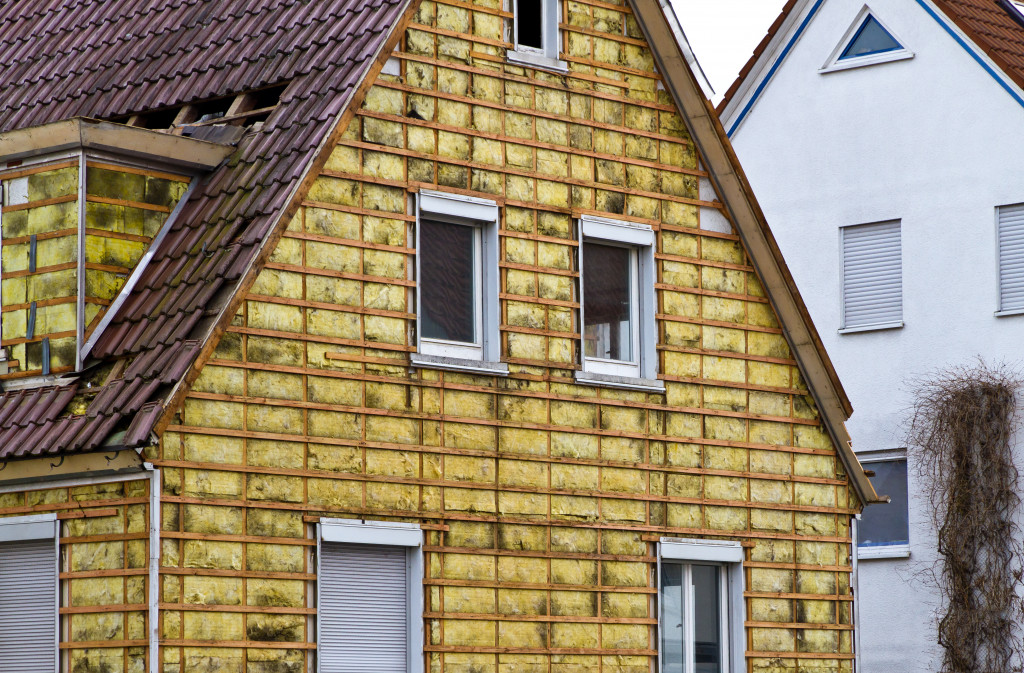Flipping old houses can be a great way to make a tidy profit. It isn’t an easy endeavor, but it can be significantly lucrative with time, effort, and smart investment. By renovating these homes and restoring them to their original charm and functionality, a savvy entrepreneur can secure a nice return on their investment. Income from flipping old houses has helped many people make ends meet and create financial stability. With hard work and dedication, it is possible to turn this venture into a successful full-time business.
So if you’re planning to take the plunge and start flipping old, run-down houses, you need to know the critical steps for success. Here are a few tips that can help you get started:
Do your research
Before diving in headfirst, do your research and make sure that this is something that you actually want to do. Learn about the process of flipping houses and read up on what it takes to become successful in this business. Make sure that it is something that interests you and that you have the necessary skills and resources to be successful.
You should also invest the time to research the local real estate market and neighborhoods that you may want to target. Knowing what type of property is in demand and what kind of return you can expect on your investment will help you make informed decisions when buying a house.
Set a budget
Once you have done your research and determined that house flipping is something you would like to pursue, it is essential to set a budget for each house project. This includes the cost of purchasing the house and any renovations or repairs needed once purchased. It is necessary to stay within your budget to avoid losing too much money on projects gone awry.
Additionally, you should consider the cost of any labor and materials needed to complete renovations or repairs. Make sure to include these expenses in your budget, so you don’t go over. And, if you can, try to set aside some extra funds for unexpected problems.
Find the right house
This is arguably the most important part of flipping an old, run-down house; finding one worth investing in! Look for homes with potential but aren’t too far gone—this will give you more bang for your buck while also ensuring that renovation costs won’t be too high (it should still fit within your budget).
If you’re having trouble finding the right house, consider working with a real estate agent. They can help you find the perfect property for flipping. You can also go to open houses and auctions for potential projects.
Get an inspection
Once you have found a house worth investing in, it is essential to get an inspection done before making any offers or committing yourself financially. A professional inspector will be able to point out any potential issues or problems with the property so that they can be addressed beforehand and not become a surprise later down the line.
You can find professional inspectors in your area with a quick online search. Or, if you have any connections or contacts in the construction business, those can be helpful too. And when you finally find a reliable inspector, check their reviews and credentials before making any decisions.
Start renovating

Once all these steps are completed, and everything checks out with the property, it’s time for some good old-fashioned elbow grease! Start renovating using whatever budget has been set for each project so as not to go over budget or waste time on unnecessary projects/repairs/renovations (time = money).
You should also consider partnering with various professionals depending on what repairs need to be done. For example, if the windows need a major facelift, you might want to contact experts in residential glass repair and installation. They’ll be able to give you a quote and get the job done quickly and efficiently. They’ll ensure that your windows are installed correctly and that all safety measures are considered. Whatever repairs are needed, there is likely an expert in the field who can help you get the job done quickly and efficiently.
With these essential tips in mind, anyone can start their venture into flipping old, run-down houses with relative ease! Doing research beforehand will help ensure that this venture is worth pursuing. Setting a budget allows one to stay within their limits financially while keeping track of expenses throughout each project—and don’t forget about getting an inspection before making any offers on a property! Finally, once all these steps have been completed successfully, start renovating away! With proper planning and preparation, hard work, and dedication, anyone can become successful at flipping old houses in no time!

